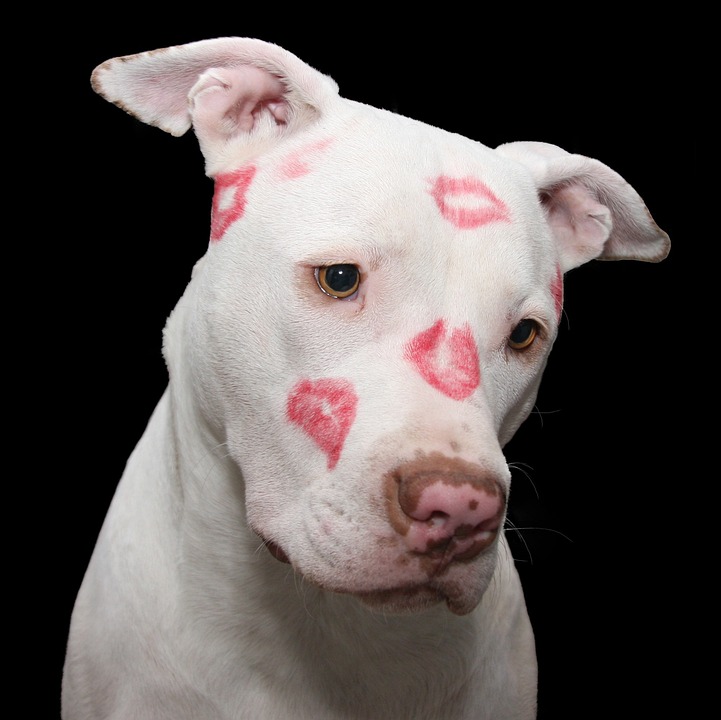Dogs are social creatures by nature, and socialization plays a vital role in their overall well-being. However, some dogs may develop fear or anxiety towards other dogs, which can lead to behavioral issues if not addressed properly. In this article, we will explore the causes of fear of other dogs or socialization issues in dogs and provide practical tips on how to address and overcome these challenges.
Understanding Fear and Socialization Issues in Dogs
Fear of other dogs or socialization issues in dogs can stem from various factors, including genetics, early life experiences, lack of exposure, or traumatic events. Understanding the root cause of your dog’s fear is crucial in addressing and helping them overcome it.
It’s essential to differentiate between fear-based aggression and simple fear or anxiety. Fear-based aggression is often displayed through defensive behaviors such as growling, lunging, or snapping. In contrast, fear or anxiety without aggression may result in avoidance behaviors, trembling, or excessive vocalization.
The Importance of Proper Socialization
Socialization is a critical aspect of a dog’s development, starting from their early puppyhood. It involves exposing them to various people, animals, environments, and stimuli in a positive and controlled manner.
Dogs that haven’t been adequately socialized may display fear or anxiety when encountering unfamiliar dogs. This can lead to reactive behaviors, making walks or interactions with other dogs challenging for both the dog and their owner.
Tips for Addressing Fear of Other Dogs or Socialization Issues
1. Start with Desensitization and Counterconditioning: Gradual exposure to other dogs in a controlled environment is key to helping your dog overcome their fear. Start by keeping a safe distance from other dogs and reward your dog with treats or praise for calm behavior. Gradually decrease the distance over time, always ensuring your dog feels safe and comfortable.
2. Positive Reinforcement Training: Use positive reinforcement techniques to reward your dog for calm and relaxed behavior around other dogs. This can help them associate positive experiences with the presence of other dogs, gradually reducing their fear or anxiety.
3. Seek Professional Help: If your dog’s fear or socialization issues are severe or not improving despite your efforts, consider seeking assistance from a professional dog trainer or behaviorist. They can provide tailored guidance and techniques to address your dog’s specific needs.
4. Gradual Exposure to Controlled Social Settings: Once your dog shows progress in controlled environments, consider gradually exposing them to well-socialized dogs in controlled group settings, such as organized playdates or training classes. This can further enhance their social skills and build confidence.
Frequently Asked Questions (FAQs)
1. Can all dogs overcome their fear of other dogs or socialization issues?
– While most dogs can improve with proper training and socialization, the extent of progress may vary depending on the individual dog and their specific experiences. Patience, consistency, and positive reinforcement are key.
2. Should I force my dog to interact with other dogs if they show fear or anxiety?
– No, forcing your dog to interact with other dogs can escalate their fear or anxiety, potentially leading to aggressive behaviors. It’s crucial to respect your dog’s boundaries and gradually work on their comfort level.
3. Can fear of other dogs or socialization issues be completely eliminated?
– In some cases, complete elimination of fear may not be possible. However, with appropriate training and management, the fear can be significantly reduced, enabling your dog to lead a more comfortable and fulfilling life.
4. Is it too late to address fear of other dogs or socialization issues in an adult dog?
– No, it’s never too late to work on socialization and address fear or anxiety in dogs. While it may require additional time and patience compared to puppies, many adult dogs can still make progress with consistent training and positive experiences.
Remember, addressing fear of other dogs or socialization issues in dogs requires time, patience, and a calm approach. By understanding the root cause, using positive reinforcement techniques, and seeking professional help when needed, you can help your furry friend overcome their fears and build positive social interactions.









